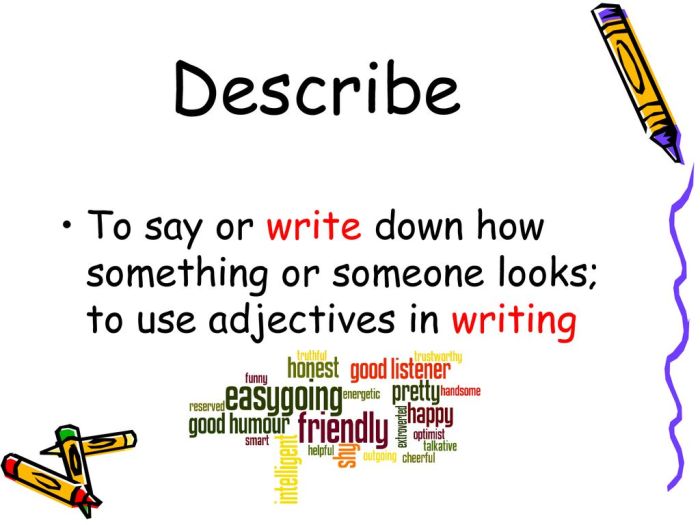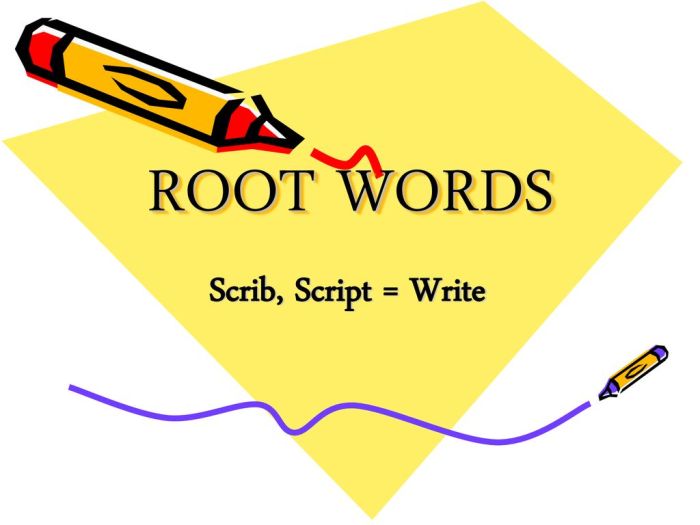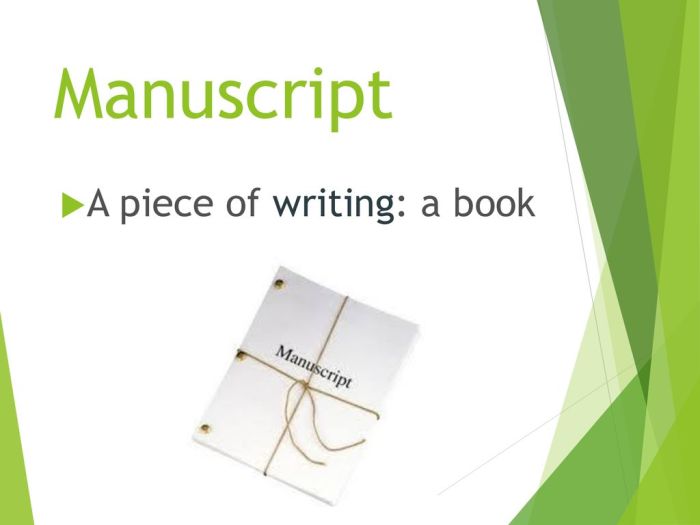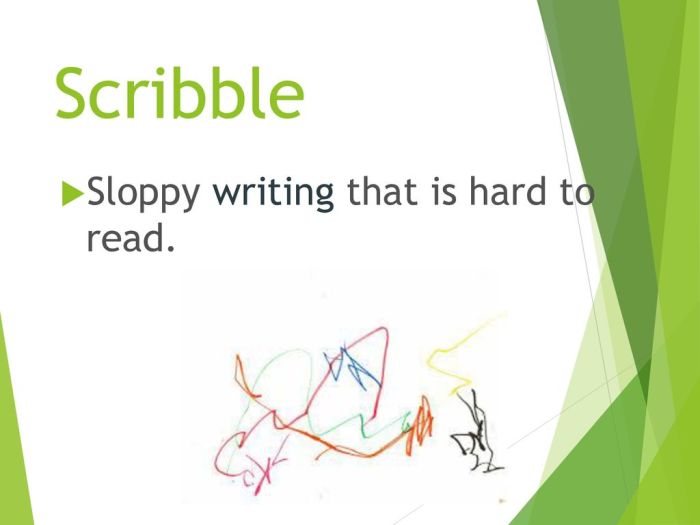Words with scrib and script, such as scribe, scribble, and scripture, have a rich and multifaceted history that spans centuries and languages. From their etymological roots to their contemporary usage, these words offer a fascinating glimpse into the evolution of language and its cultural significance.
Throughout history, words with scrib and script have played a pivotal role in the dissemination of knowledge, the preservation of cultural heritage, and the expression of creativity. Their morphological complexity and lexical relationships provide insights into the intricate workings of language, while their orthographic variations and cultural connotations reflect the diverse contexts in which they have been employed.
Historical Origins

The terms “scrib” and “script” share a common etymological root, tracing back to the Latin word “scribere,” meaning “to write.” Over time, this Latin root gave rise to various words in different languages, each carrying nuances related to writing and documentation.
Early Usage
In ancient Rome, the word “scriba” referred to a professional scribe or secretary who assisted in writing official documents, legal contracts, and other important records. The term “scriptum,” on the other hand, denoted a written document or text.
Semantic Evolution
Over time, the meanings of “scrib” and “script” have undergone significant semantic shifts. Initially, “scrib” referred to the physical act of writing or scratching, while “script” denoted a written text, particularly one intended for performance.
Several factors contributed to these semantic changes. The development of printing technology in the 15th century led to a proliferation of written materials, which in turn influenced the way people perceived and used the terms “scrib” and “script.” Additionally, the rise of literacy and the increasing use of writing for communication and record-keeping contributed to the broader application of these terms.
Expansion of “Scrib”
The meaning of “scrib” expanded beyond its original sense of physical writing to encompass a wider range of activities involving the creation or production of written content. This included writing in general, as well as composing, drafting, and editing.
Narrowing of “Script”
In contrast, the meaning of “script” narrowed over time. While it initially referred to any written text, it gradually became more closely associated with specific types of texts, particularly those intended for performance, such as plays, screenplays, and musical scores.
Morphological Analysis

Morphological analysis involves breaking down words into their constituent parts to understand their structure and meaning. “Scrib” and “script” share a common root, but their prefixes and suffixes give them distinct meanings and usage.
Root Word
The root word of both “scrib” and “script” is “scrib,” which means “to write.” This root word is present in various Latin-based languages and has given rise to a family of words related to writing.
Prefixes
- “Scrib”has no prefixes.
- “Script”has the prefix “s”, which denotes a written or printed form of something.
Suffixes
- “Scrib”has the suffix “-e”, which is a common Latin verbal suffix that forms verbs from nouns.
- “Script”has the suffix “-t”, which is a common Latin nominal suffix that forms nouns from verbs.
Impact of Morphology on Word Usage
The morphological differences between “scrib” and “script” reflect their distinct usage in English. “Scrib” is primarily used as a verb, referring to the act of writing, while “script” is used as a noun, referring to a written text or document.
Lexical Relationships

The words “scrib” and “script” share a common etymological root, providing a foundation for their lexical relationships. Both terms originate from the Latin word “scribere,” meaning “to write,” which has significantly influenced their semantic evolution and lexical associations.
In terms of synonyms, “scrib” and “script” have several interchangeable terms. “Scribble,” “scrawl,” and “jot” are common synonyms for “scrib,” capturing the notion of informal and often hasty writing. Similarly, “manuscript,” “screenplay,” and “libretto” serve as synonyms for “script,” representing different types of written works intended for specific purposes.
Antonyms
Antonyms, on the other hand, provide contrasting meanings to the words. “Scrib” lacks a direct antonym, but terms like “type” or “print” convey the opposite action of handwritten or informal writing. In contrast, “script” has “improvisation” as its antonym, highlighting the distinction between written and spontaneous speech or performance.
Related Terms
The lexical relationships of “scrib” and “script” extend beyond synonyms and antonyms. Related terms form a semantic field around each word, capturing broader concepts and associations. “Penmanship,” “calligraphy,” and “handwriting” are related to “scrib,” emphasizing the art and skill of writing.
Meanwhile, “stage direction,” “dialogue,” and “narration” are related to “script,” reflecting its connection to the performing arts and storytelling.
Collocations
Collocations refer to the tendency of certain words to co-occur in specific contexts. “Scrib” frequently appears in phrases like “scribble on a napkin” or “jot down a few notes,” highlighting its informal and impromptu nature. In contrast, “script” is often found in collocations such as “film script,” “theatrical script,” or “musical script,” emphasizing its association with creative writing and performance.
Orthographic Variations

The words “scrib” and “script” have undergone various orthographic changes throughout history, influenced by historical and regional factors.
Words like ‘scribble’ and ‘script’ share the root ‘scrib’, meaning ‘to write’. Speaking of writing, do you know how long was Ezekiel mute ? The Bible tells us he was unable to speak for a specific period. Returning to our topic, ‘scribe’ originally referred to a professional writer, while ‘script’ denoted a written text.
In the Middle Ages, the spelling of “scrib” and “script” was less standardized than it is today. The word “scrib” was often spelled as “scribe” or “scrybe,” while “script” was spelled as “scrypte” or “scripte.”
Regional Variations
The spelling of “scrib” and “script” also varied depending on the region. In England, the spelling “scribe” was more common, while in Scotland, the spelling “scrybe” was more common.
Cultural Connotations: Words With Scrib And Script

The words “scrib” and “script” carry cultural connotations that extend beyond their literal meanings. In literature, art, and other cultural contexts, they evoke specific associations and symbolic meanings.
Literature
In literature, “scrib” often refers to hasty or amateurish writing, while “script” implies a more polished and professional work. “Scribbling” may suggest a spontaneous outpouring of ideas, while “scripting” implies a carefully crafted and structured narrative.
Art, Words with scrib and script
In art, “scribble” can refer to abstract or informal drawings or marks, while “script” may describe calligraphic or ornamental writing. “Scribbles” often convey a sense of spontaneity and playfulness, while “scripts” evoke a sense of formality and tradition.
Metaphorical Meanings
“Scribble” can also be used metaphorically to describe something hasty or poorly executed. “Script,” on the other hand, can symbolize a predetermined plan or a predetermined outcome.
FAQ Resource
What is the difference between “scribe” and “script”?
A scribe is a person who writes or copies manuscripts, while a script is a system of writing or a written text.
What is the origin of the word “scribble”?
The word “scribble” comes from the Middle English word “scriblen,” which means “to scratch or write hastily.”
What are some examples of words with the root “scrib”?
Some examples of words with the root “scrib” include scribe, scribble, scripture, and description.